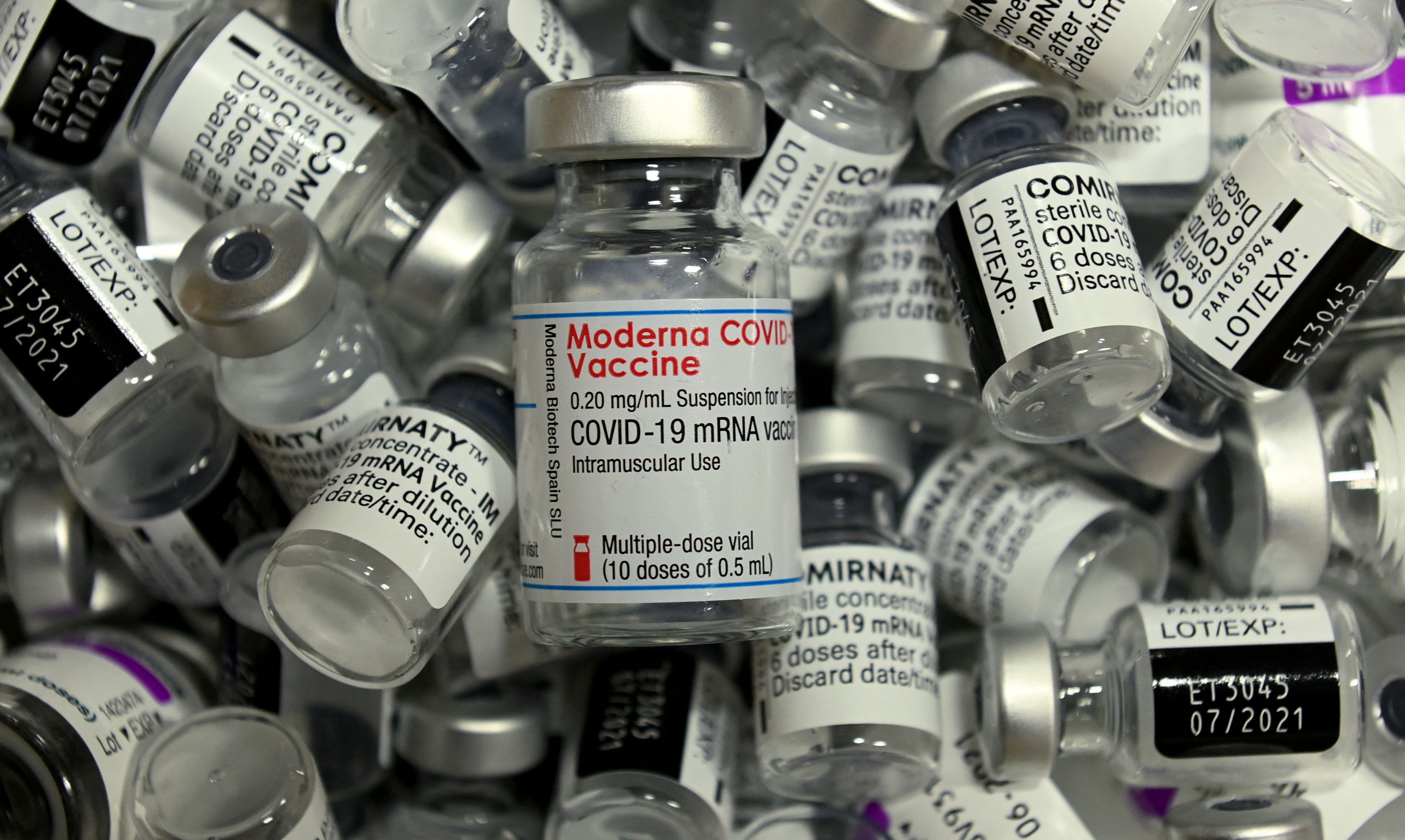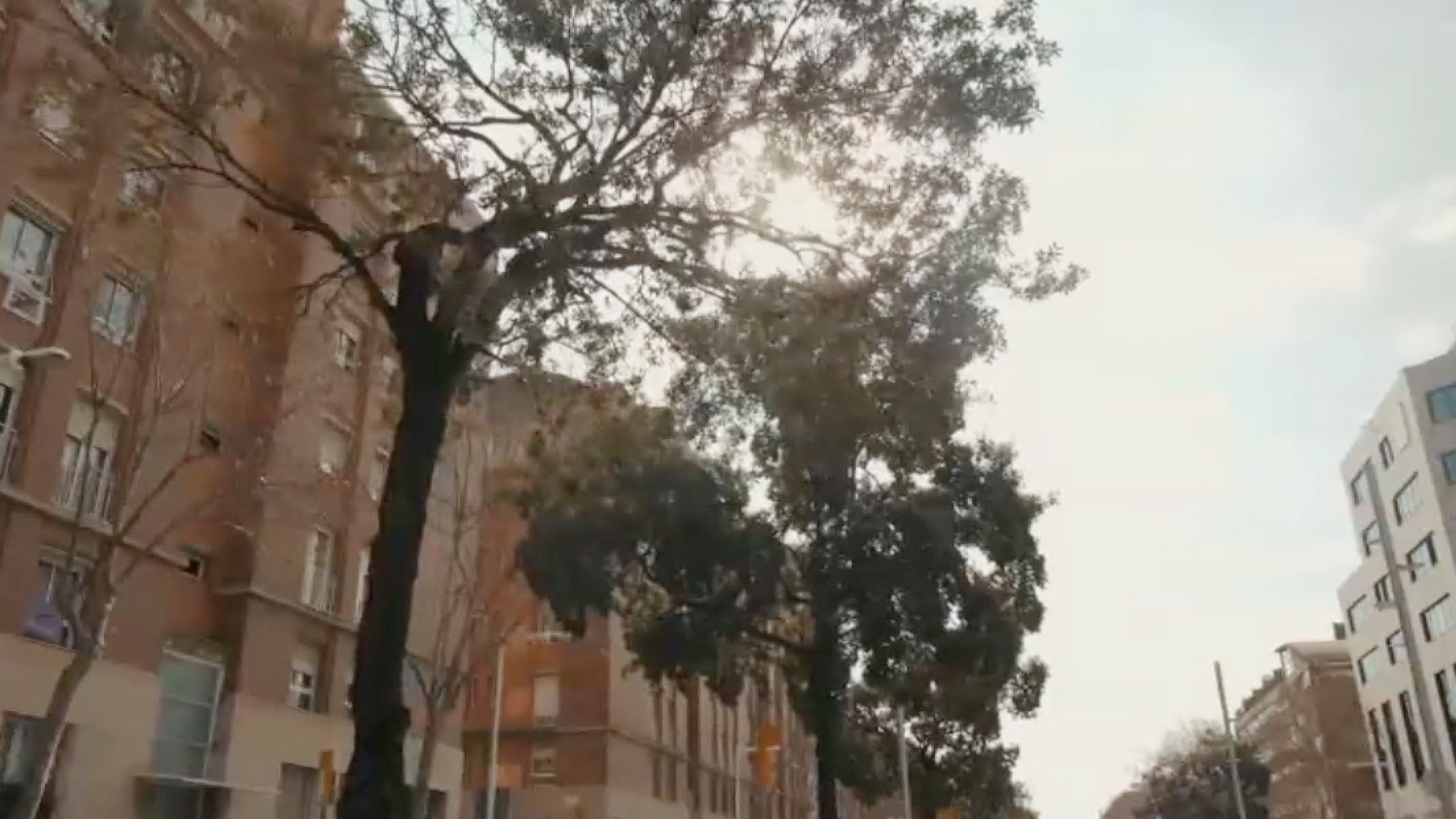As seasonal allergies spike and several high-profile COVID-19 cases have been reported in Washington, D.C. — including those of D.C. Mayor Muriel Bowser and House Speaker Nancy Pelosi — it's easy to wonder what's really the cause of a scratchy throat or runny nose.
Allergy season has arrived, and lots of people are feeling the symptoms. That’s what Bowser thought she was experiencing, until she took a COVID test as a precaution and found out she was positive, she said Thursday.
Bowser said she was experiencing only mild symptoms and was working from home. She has had both vaccines and a booster shot.
So what should you do when it's allergy season as the pandemic continues? Read on for what to know.
We're making it easier for you to find stories that matter with our new newsletter — The 4Front. Sign up here and get news that is important for you to your inbox.
What's the Difference Between Allergy Symptoms and COVID Symptoms?
Seasonal allergies and COVID-19 do have some of the same signs, but there are some notable differences, the CDC said.
Both COVID and allergies can make you cough, and both can give you headaches or fatigue. But you may have fever, chills or body aches with COVID that you wouldn't experience with seasonal allergies. And while allergies can give you a runny or stuffy nose, that's much less common with COVID.
What Experts Are Saying About COVID Vs. Allergies
Dr. Troy Baker, an allergist with Kaiser Permanente, said there are some key differences to consider.
"You get fever or you get muscle aches, chills; you lose your sense of smell — those are symptoms of a virus, not an allergy," Baker said.
Dr. Richard Wasserman, medical director of Pediatric Allergy and Immunology at Medical City Children's Hospital in Dallas, Texas, said fever is a big sign that what you're experiencing is not just allergies.
"Allergy never causes fever. Allergy typically causes itchy eyes and an itchy nose," Dr. Wasserman said. "And the eye and nasal symptoms are very prominent. But there are features of COVID-19 that are not seen with allergy or at least not quickly."
Dr. Wasserman said that rapidly losing taste and smell is more common in COVID-19 cases.
"So, people with very severe, very prolonged allergies can have impairment of their sense of smell or taste because of swelling in their nose," he said. "But with COVID-19 the impairment of smell and taste begins very early in the infection."
When Should You Test for COVID-19?
The CDC recommends being tested for COVID-19 in these situations:
- If you develop a fever or chills, a cough, shortness of breath, muscle or body aches, or more (see more symptoms here)
- At least five days after you last had close contact with someone with COVID-19, even if you don’t develop symptoms (you don't have to get tested if you have already tested positive for COVID-19 in the past 90 days)
- If you're going to an indoor event or a gathering
- Before and after travel
When Bowser shared her personal COVID news on Twitter, she also wrote, "Just a reminder — the best way to know if it’s COVID or your seasonal allergies is to get tested."
People seem to be taking the mayor's advice.
As allergy season has progressed, COVID testing has increased in D.C. The week of March 19, D.C.'s health department processed just over 14,000 tests; the following week, that number jumped to more than 19,000.
What's Happening With COVID Cases in D.C. Right Now?
D.C.’s coronavirus website lists the District's current community spread level as low. The site says the weekly case rate and number of hospital admissions are also low as of March 27, the most recent date for which data is available.
However, the District’s health director said Thursday that the number of new COVID-19 cases has started to go up.
"We saw a small uptick in the last two weeks," D.C. Health Director Dr. LaQuandra Nesbitt said.
Dr. Nesbitt said most of the new cases have not been serious or required hospitalizations.
As for reinstating the mask mandate, "We are not imminently considering indoor mask mandate," she said.



